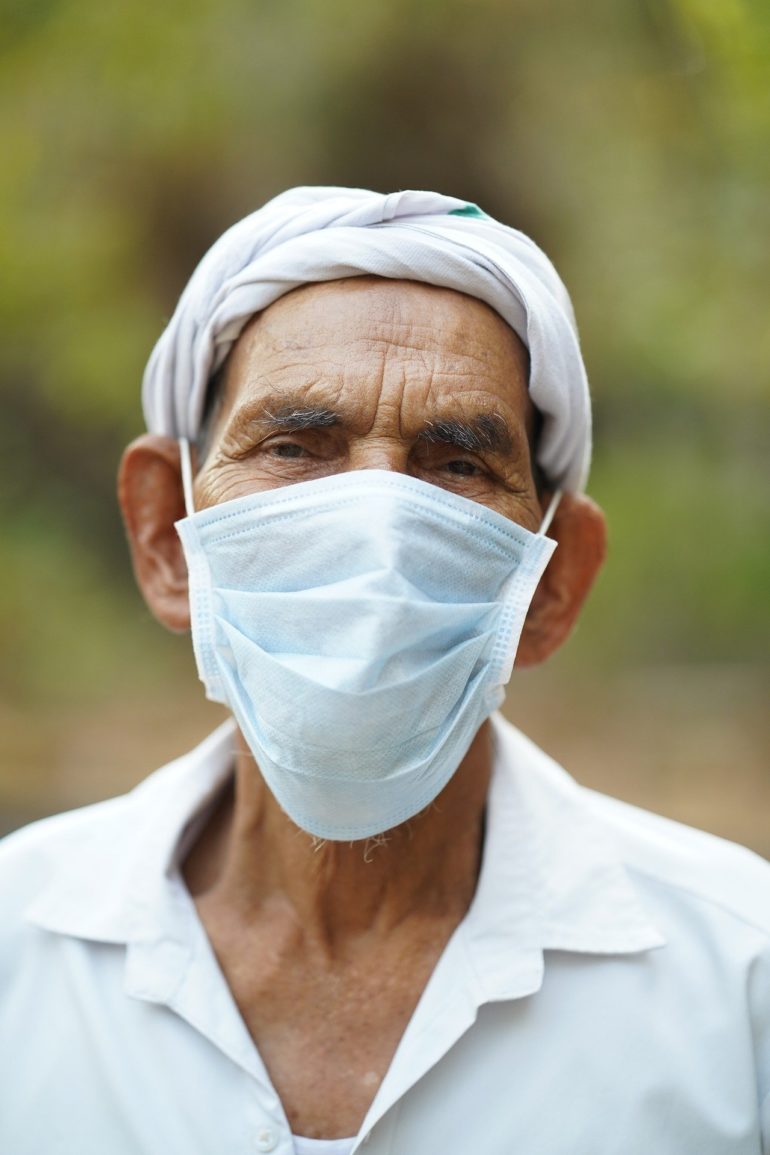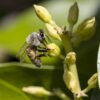Population-wide use of facemasks keeps the coronavirus ‘reproduction number’ under 1.0, and prevents further waves of the virus when combined with lockdowns, a modelling study from the universities of Cambridge and Greenwich suggests.
The research suggests that lockdowns alone will not stop the resurgence of SARS-CoV-2, and that even homemade masks with limited effectiveness can dramatically reduce transmission rates if worn by enough people, regardless of whether they show symptoms.
The researchers call for information campaigns across wealthy and developing nations alike that appeal to our altruistic side: “my facemask protects you, your facemask protects me”. The findings are published in the Proceedings of the Royal Society A.
“Our analyses support the immediate and universal adoption of facemasks by the public,” said lead author, Dr. Richard Stutt, part of a team that usually models the spread of crop diseases at Cambridge’s Department of Plant Sciences.
“If widespread facemask use by the public is combined with physical distancing and some lockdown, it may offer an acceptable way of managing the pandemic and re-opening economic activity long before there is a working vaccine.”
Dr. Renata Retkute, coauthor and Cambridge team member, said: “The UK government can help by issuing clear instructions on how to make and safely use homemade masks.”
“We have little to lose from the widespread adoption of facemasks, but the gains could be significant.”
The new coronavirus is transmitted through airborne droplets…



